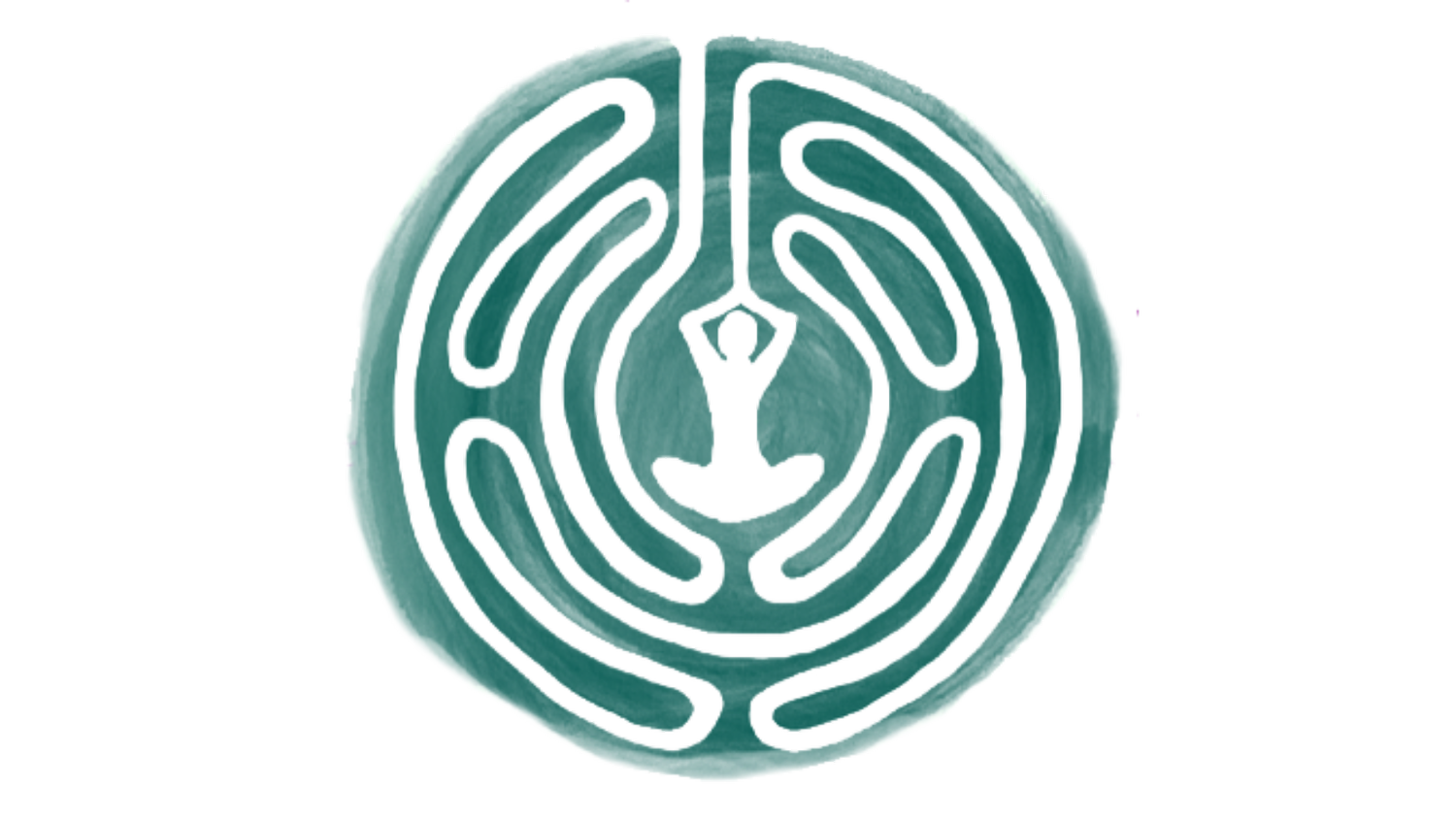Yoga, Greek Poets, and the Apostle Paul
One of the Bible verses most often quoted in regards to why Christians practice yoga is Acts 17:28: “For in Him we live and move and have our being.”
What we don't usually talk about is that this verse did not originally refer to the God of Abraham, Isaac, and Jacob. Paul is quoting the Greek poet Epimenides, who is actually talking about Zeus:
“A grave has been fashioned for thee [Zeus], O high and holy One,
The lying Cretans, who are all the time liars, evil beasts, idle bellies;
But thou diest not, for to eternity thou livest and standest,
For in thee we live and move and have our being.”
According to Epimenides, Zeus and God have a lot in common: they cannot die, and they give life to others.
When Paul visits Athens, he quotes Epimenides. Here's the full passage from Acts;
Here’s the quote in the context of Acts 17:22-28
“Paul then stood up in the meeting of the Areopagus and said: “People of Athens! I see that in every way you are very religious. For as I walked around and looked carefully at your objects of worship, I even found an altar with this inscription: to an unknown god. So you are ignorant of the very thing you worship—and this is what I am going to proclaim to you.
The God who made the world and everything in it is the Lord of heaven and earth and does not live in temples built by human hands. And he is not served by human hands, as if he needed anything. Rather, he himself gives everyone life and breath and everything else. From one man he made all the nations, that they should inhabit the whole earth; and he marked out their appointed times in history and the boundaries of their lands. God did this so that they would seek him and perhaps reach out for him and find him, though he is not far from any one of us. ‘For in him we live and move and have our being.’ As some of your own poets have said, ‘We are his offspring.’”
In this passage, Paul finds the presence of God in his surrounding culture–he finds an altar to an Unknown God, whom Paul names as the God of Abraham. He quotes Greek poets to say, “Hey! All these things you say about these other gods? They really describe GOD.” These quotes reveal that Paul has spent time in his surrounding culture–he knows it, and he knows how to identify and name the presence of the Creator God in culture.
I love that the verse that many of us use to describe what we’re doing with yoga actually comes from Greek poetry, borrowed by Paul to describe God, then written down as God’s word. There’s a beautiful symmetry about it: as Christians practicing yoga, we are using something beautiful codified by a different culture, then shaped by American culture, and using it to pray.
In my view, the heat of the debate about Christians practicing yoga really comes down to a theology of culture. How do you believe Christ influences Culture? How does Culture influence the Church? How does the Church influence Culture?
In the community where I grew up, we believed that the church could exist without being influenced by culture. That we as the Church could influence culture: make it good and better. If something was “counter-cultural,” it was the right path to take. I was taught to “go against the flow.” As I write these words, something in me still resonates with these ideas and believes they are right. Christians should seek Christ’s voice first–I’m not disputing that.
This part of me that distrusted culture is the part of me that at first doubted yoga. After I sat in my first yoga class and recognized the peace of Christ, I went home and wondered about how I could experience Christ’s peace in a room with a statue of Buddha on a pedestal. Was it okay?
This question of “okay?” sent me on a long long journey–and along the way I met many of the people involved in this site. Yes! Practicing yoga as a Christian is not only okay, it's beautiful!
The idea that Christ and Culture are separate is dangerous, blocking out how God works through culture, through yoga (or Battlestar Galactica, which is how my husband came to know God). Seeking Christ’s voice first doesn’t mean Christ can’t be found in culture. In fact, I believe God uses culture to reach us. As an incarnate God, the relationship between Christ and Culture is complex and living, just as Christ is living.
In the same vein in which I was taught to “go against the flow,” I was also told to be the salt of the earth, a light on a hill. Salt is counter-cultural. It’s flavorful and doesn’t taste like anything else put into the bread. I even put salt in the brownie batter–which doesn’t make any sense to me. But salt grains are itty bitty tiny pieces within a loaf of bread. You can discern the taste, but you certainly can’t divide it out. And neither the brownies nor the bread would be any good without the salt.
As Christians, we are called to be in culture. To know culture. To see God in culture. To pray in culture. To pray with the body. To pray with yoga. To not be afraid.
